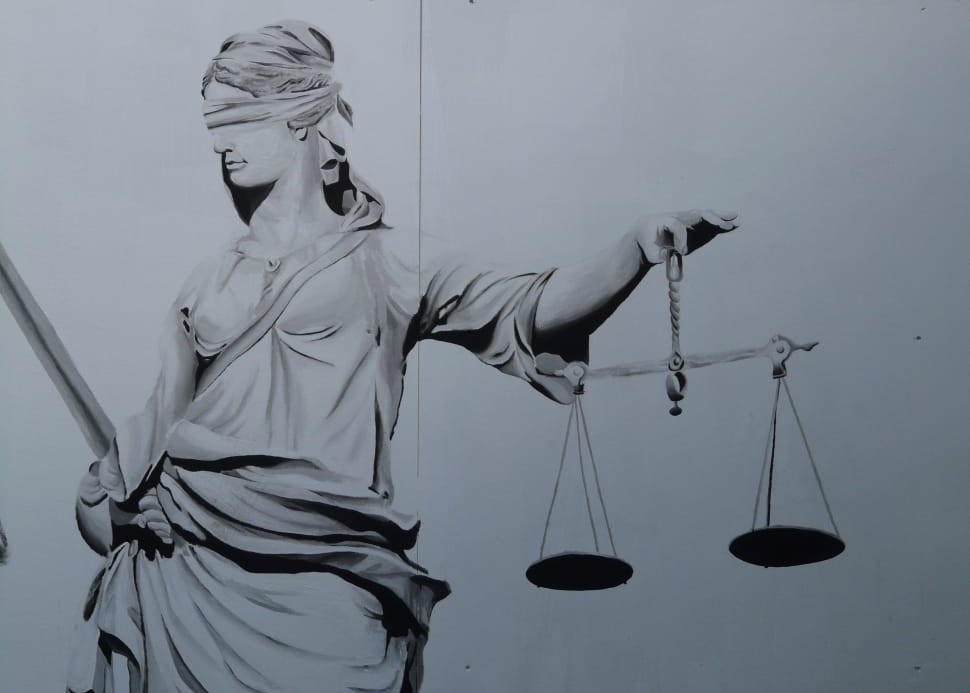Laws, legal system totally geared in favour of rich and powerful: Justice Deepak Gupta in farewell speech

New Delhi, May 6: Supreme Court judge Justice Deepak Gupta on Wednesday ruled that the country’s “laws and… legal system are totally geared in favour of the rich and powerful”, and said that “in the present day and age judges cannot live in ivory towers but must be aware of what is happening in the world around them”.
Speaking at a virtual farewell hosted by the Supreme Court Bar Association on his last working day, Justice Gupta said, “If somebody who is rich and powerful is behind bars, then time and again he will approach the higher courts during the pendency of the trial till some day he obtains an order that his trial should be expedited”. This, he said, happens at the cost of the poor litigant whose trial gets further delayed as he cannot approach the higher court, The Indian Express reported.
“On the other hand, if a rich person is on bail or wants to delay a civil litigation, he can afford to approach the superior courts time and again to delay the trial or the proceedings till the other side gets virtually frustrated,” Justice Gupta said, adding that the Bench and the Bar have a duty towards poor litigants “to ensure that their cases are not put on the back burner”.
“If real justice has to be done, then the scales of justice have to be weighted in favour of the underprivileged,” he said.
Justice Gupta exhorted that the Bar “should… be totally independent and members of the Bar while arguing matters in court should shed their political or other affiliations and argue the matter strictly in accordance with law”.
He said “the most important attributes of the judiciary and judges are independence, fearlessness and impeccable integrity” and that “in a country which professes to follow the rule of law and the principle of separation of powers, there is no alternative to a totally independent judiciary”.
Rooting for harmony between the three wings of the state, the judge pointed out that courts have been given the power to even set aside laws made by Parliament and that “it is the duty of this court to ensure that no person is deprived of his life or liberty except in accordance with procedure prescribed by law”.
“In times of a crisis such as the ones we are living in, the courts must protect the poor and the underprivileged, because it is they who are hit the hardest in trying times. When the court does its duty and acts in favour of the citizens, sometimes there will be friction, but a little friction in my view is a healthy sign that the courts are functioning properly”, he said.
Stating that judges must decide matters according to law and not their personal likes and prejudices, he said that “for any judge, when he sits in court, his only Gita, his only Bible, his only Quran, his only Guru Granth Sahib, his only Zend Avesta is the Constitution of India”.
The outgoing judge added that “this is not such a difficult job if one goes by the Constitution and the laws” and said “the Constitution has been my polestar”.
On criticism by members of the Bar that the judiciary is no longer independent or humane, he said this was not the time for blame games. He said that members of the judiciary are drawn up primarily from the Bar, and that “they must also introspect as to whether they have been totally independent or humane”.
In 2019, during a lecture in Ahmedabad, Justice Gupta had spoken about the need for a relook at the sedition law. He had also said that virulent criticism of a government does not make those criticising any less patriotic than those in power. At another event in February this year, he remarked that majoritarianism was the antithesis of democracy.
Sitting with Justice (retired) M B Lokur, Justice Gupta had authored the judgment in the Nipun Saxena case, which contained directions on protecting the dignity and privacy of rape victims while reporting such crimes.
In September 2019, a bench of Justices Gupta and Aniruddha Bose held that NGOs “substantially financed, directly or indirectly” by government funds will fall within the ambit of ‘public authority’ under the RTI Act.
Justice Gupta studied at Delhi University Campus Law Centre and practised law in the Himachal Pradesh High Court. He was appointed there as a judge in 2004, and in 2013 he became Chief Justice of Tripura HC. He was made Chief Justice of Chhattisgarh HC in 2016, and was elevated to the Supreme Court in 2017.
https://indianexpress.com/article/india/supreme-court-justice-deepak-gupta-virtual-farewell-6397441/
Sign up for our weekly newsletter to stay up to date on our product, events featured blog, special offer and all of the exciting things that take place here at Legitquest.




Add a Comment